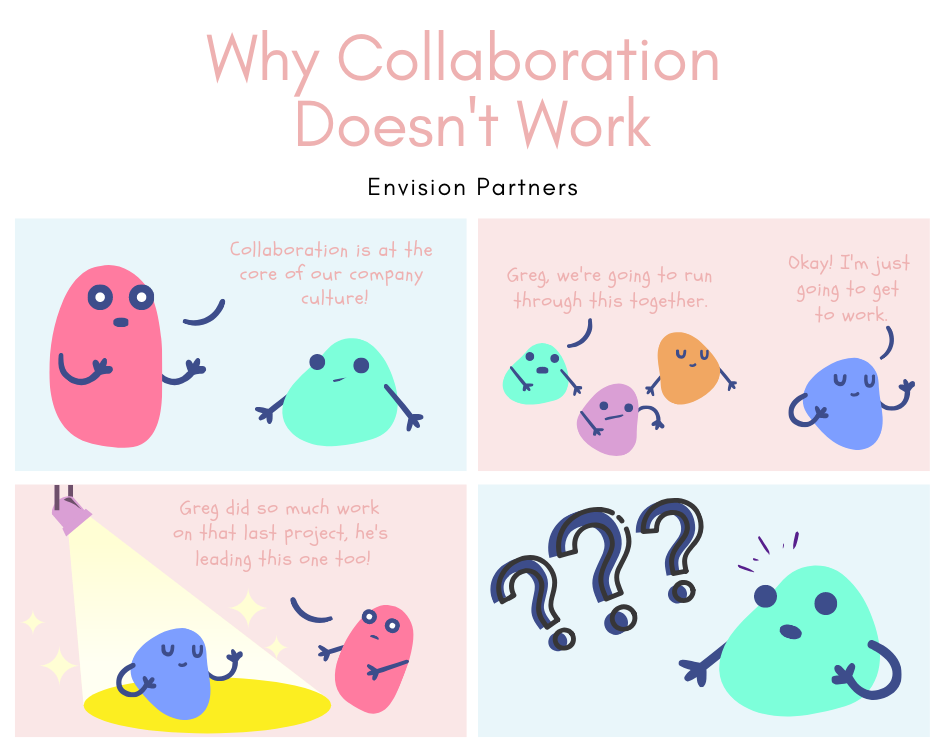Ships Passing in the Night
On Wednesday, I shared why it’s so easy to have miscommunications even when it seems like you and your partner should be on the same page. Check it out here!
A common source of communication issues is our reaction to an opinion. Someone makes a statement and we are compelled to respond with our own statement—especially if we disagree. Stop. First, make sure you understand your surroundings. “Tell me more…” is the easiest way to start the exploration. Taking time to think before you start talking you might continue….
“I want to make sure I understand your point of view. Are you willing to let me ask a few questions about this?”
“Can you share the process you used to come to this conclusion?”
“What were a few of your resources? Who were you able to consult on this?”
These types of question are exploratory, not rhetorical, not critical (watch tone), not simple. With these types of questions you are looking for the invisible universe. Assuming you know what ships are, you are sending out beacons into the night and listening for examples where you can agree.
We will never know if we have discovered all of the unknowns, but a good indicator of adequate exploration is the ability to find at least one or two points on which you do agree. “Ah, we are two ships out here in the dark.” Let’s agree on that.
Now you can use that positive point to start your part of the conversation on a positive foot. “Here’s where we do agree. From there, here’s how I look at the situation….” The repeat of the points on which you do agree is an additional indicator to the other that you actually listened to what they had to say. Too often, we often repeat what is in our head, not in their head—an indication that we are not listening. In general, using the language that the other person is using or using a parallel line of reasoning makes it easier to hear you and makes comparison of ideas much easier.
Not only in response to an opinion or a conclusion, exploration makes all types of communication more successful.
“No that’s not what I am asking”. Have you ever noticed that great speakers first make sure they really understand the question rather than assume they understand the intention (often, unfortunately assumed to be negative) of the asker? In a group session, if your right answer to the wrong question takes 15 minutes, how likely am I to ask you again?
“It would just take too much time to teach you”. With this attitude, we tend to go with the nothing option of all or nothing. If you are the teacher, the one with the information, start by exploring what the learner already knows. What they know is what you share in common, so you can focus on what they don’t know.











